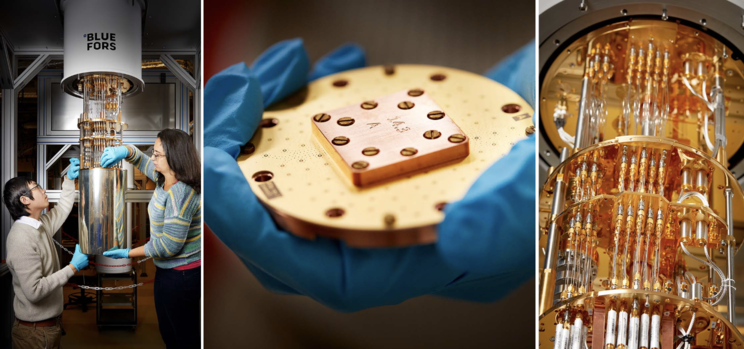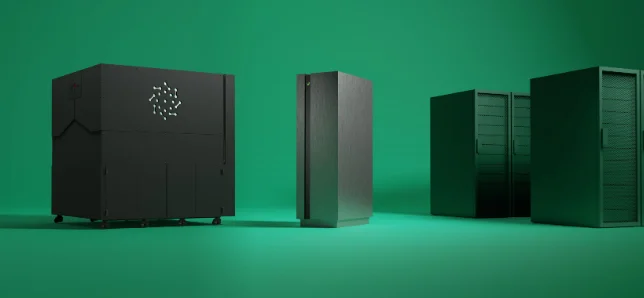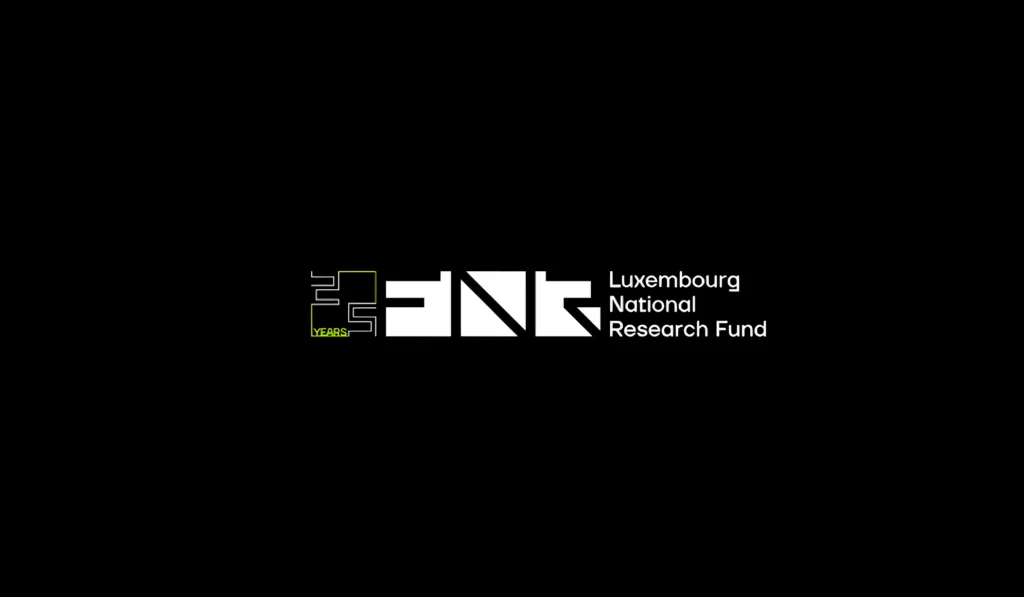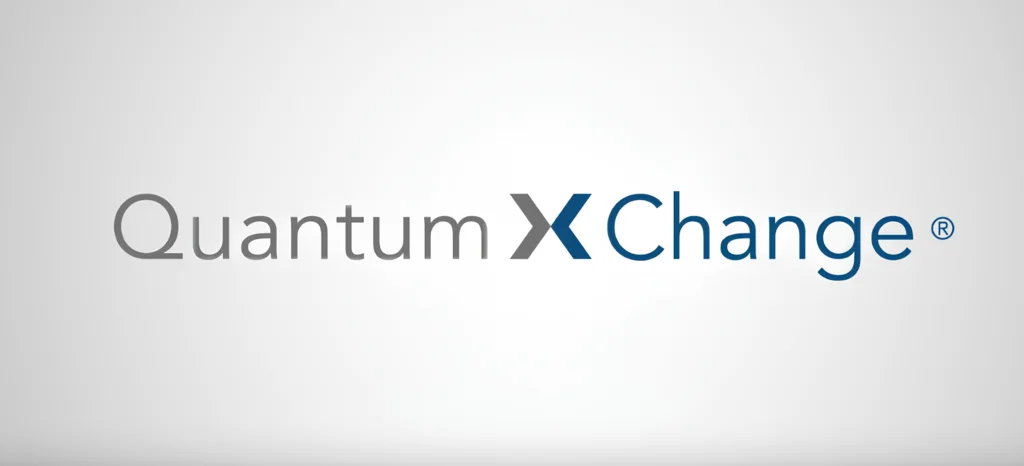Insider Brief
- Chalmers University of Technology researchers in Sweden plan to make their quantum computer more widely available.
- The Chalmers quantum computer now has 25 quantum bits, or qubits, but the target is 100 qubits.
- Development is being supported by the Knut and Alice Wallenberg Foundation.
- Images: Chalmers | Anna-Lena Lundqvis
PRESS RELEASE — Swedish quantum computer is to become more widely available. A copy of the quantum computer at Chalmers University of Technology in Sweden will be built using additional funding from the Knut and Alice Wallenberg Foundation. The new computer, accompanied by a quantum helpdesk, will allow Swedish companies and researchers to solve problems using quantum technology.
Under the Wallenberg Centre for Quantum Technology (WACQT) initiative, since 2018 a large project to develop and build a Swedish quantum computer has been running at Chalmers University of Technology. The Chalmers quantum computer now has 25 quantum bits, or qubits. The target is 100 qubits by 2029 but, even with 25 bits, running quantum algorithms on the computer is interesting. The problem is that the machine is rarely available, as researchers are constantly working to develop it.
“We’re therefore going to build a copy of our quantum computer and make it available as a test bed for companies and researchers to run algorithms. Its purpose is to raise Sweden’s competence level in quantum technology and lower the threshold for using quantum computers,” says Per Delsing, a professor at Chalmers and director of WACQT.
Funding of SEK 102 million
As a first stage, the Knut and Alice Wallenberg Foundation has granted funding of SEK 102 million for the test bed. Alongside the quantum computer, the test bed will have a support function, a quantum helpdesk, to guide users and help them boil down their problems to executable quantum algorithms. The test bed will also provide test equipment for companies that are developing quantum technology components.
“The idea is that users shouldn’t need much prior knowledge. It should be enough for a company to have a problem which they’ve heard might be solved by a quantum computer. The Quantum Helpdesk will help them from there,” says Delsing.
There are already several commercial actors abroad who have made quantum computers available via the cloud. However, WACQT’s test bed will be significantly cheaper for Swedish users.
Optimise the algorithms for the hardware
“Another big difference is that we’re transparent with what’s under the hood of our quantum computers. That allows you to optimise the algorithms for the hardware, thus increasing the chance of successful computations,” explains Delsing.
In 2024, the test bed will open its equipment for testing components and the Quantum Helpdesk, while the quantum computer will open for running algorithms in 2025. Initially, the quantum computer will have 25 qubits, but will be upgraded to 40 qubits within a couple of years.
If you found this article to be informative, you can explore more current quantum news here, exclusives, interviews, and podcasts.















